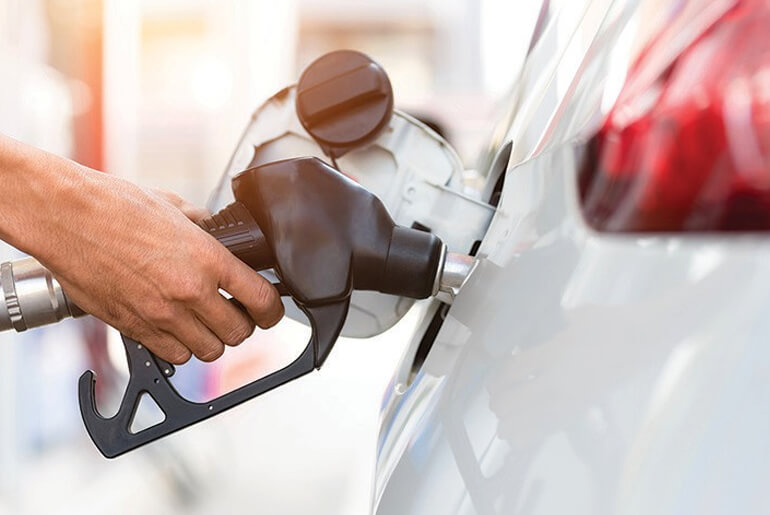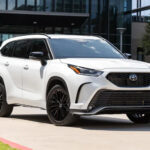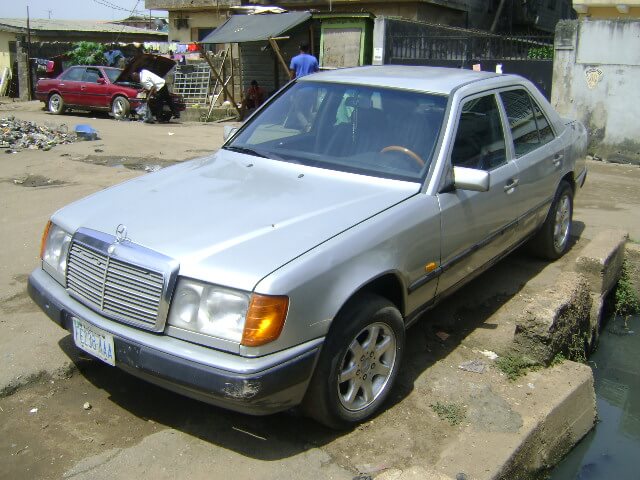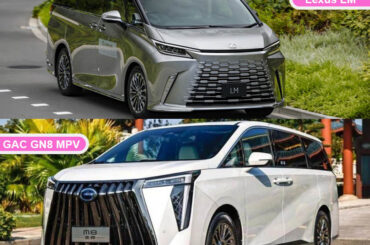Fuel prices in Nigeria keep increasing as the day goes by, and it doesn’t seem to be stopping. like it would be decreasing anytime soon, and the government’s notion of the rumours around about removing the subsidy on fuel would invariably lead to the worst fuel prices you can imagine in the months to come. Imagine buying a litre of fuel for N700 or more. This means the queue would not only be longer, but you should expect scarcity for quite some time, and how else can you fix this issue than to try as much as possible to conserve fuel before going to the filling station for your next fuel pump? And your engine is what will help you do this. Learn how engine maintenance can help you conserve fuel in your car.
We have written a number of blogs that can help you boost your fuel efficiency, especially in times of scarcity, and that will educate you on the best practices that will enable you to use your full tank of gasoline for a long time without having to queue at the filling station. As many would know, maintenance is the ideal way to keep your car running for a very long time, but it has nothing to do with car longevity. This maintenance requires you to conserve fuel meticulously, especially with the recent fuel hikes. You would need to not only maintain your car but also maintain your engine, which is sometimes neglected by car owners. Many drivers drive far and wide in their neighbourhood and even outside it to find the best gas stations that provide low fuel prices.
Imagine driving an hour or two away from your house just so you can buy fuel for N200 per litre; you would even have to wait for hours just to fill up your car. It is a bit redundant because the fuel you would use to get there and come back is quite a bit more than you would expect. So, that is why it is important to know the best engine maintenance program that can help you conserve for a very long time.
- Ensure You Use Engine Oil That Is Recommended By The Manufacturer
This might seem like an idle thing, but what most people don’t know is that the engine is one of the most important boosters for their cars. Using the right engine oil is important for maintaining a vehicle’s predicted fuel efficiency from the manufacturer. The cost of saving a few thousand dollars by switching from 10W-30 to 5W-30 for a vehicle could be 2% of fuel economy. The engine oil in newer cars is typically lighter, so ensuring an appropriate flow is crucial for fuel economy. The worst part about this is that most mechanics don’t even bother to know which engine is recommended for a car, and they just do that according to their own whims. The engine oil in newer cars is typically lighter, so ensuring an appropriate flow is crucial for fuel economy.
In order to increase fuel efficiency, drivers can also select additives that reduce friction. The same is largely true of synthetic oils. Because of their lower viscosity, they may increase fuel efficiency in most automobiles by lowering engine friction, which also helps with cold-weather starts. But one thing about authentic oils is that they can cost thousands of naira, but if you look at it, it is better that way than spending more on fuel.
- Regular tune-ups for engines
During the course of the car’s life, making sure your vehicle runs efficiently will save time and money. Broken parts can also steal valuable MP3s. For instance, damaged carbon canisters will reduce gas mileage even if they are not essential to moving a vehicle forward on the road.
Owners of vehicles need to be aware of issues including worn-out piston rings, faulty fuel system sensors, unclean air and oil filters, and burned-out spark plugs. A 4% fuel savings can be achieved by ensuring that engines aren’t emitting error codes and that all minor hardware is clean and in good operating condition.
- Drive more cautiously
Hammering the accelerator pedal is a clear sign that the fuel economy is bad. Aggressive driving can reduce fuel economy at highway speeds and in stop-and-go traffic. While weaving in and out of traffic, making quick starts, and making sharp turns may give the impression that you are moving quickly, they add very little time to your journey. Also, it will cause numerous parts, such as tires and brakes, to wear out more quickly.
Limiting abrupt acceleration and braking and switching to more moderate speed changes is the key to fuel efficiency. It’s important to plan ahead for challenges. Increasing speed on a downhill stretch before ascending another hill, for instance, or anticipating changes in traffic lights and engine braking before arriving at a curve helps save fuel.
- Prevent idling
It’s no longer acceptable to start your car’s engine to warm it up. Modern fuel injection only wastes fuel, nothing more. In actuality, whenever a car is still running, the driver loses the money that they need. It could involve more driving maintenance than purely automotive maintenance.
The engines of many current cars are equipped with stop-start features that turn them off at stop signs and traffic lights. Yet, drivers can plan for individuals who don’t have access to the feature. Although it may be excessive to turn off the engine at a red light, 10 seconds is a realistic time limit for fuel efficiency. Less fuel would have been utilised once that time had passed with the engine running in a stationary car.
Saving fuel is one thing that every Nigerian driver needs to take seriously because it would help you to stop driving recklessly and also save you money. Unnecessary acceleration and high speeds eat at your fuel tank, so this is the right time to stop.
Have 1 million naira and above to Buy or Sell Cars In Nigeria? Check carlots.ng
All rights reserved. Reproduction, publication, broadcasting, rewriting, or redistribution of this material and other digital content on carmart.ng is strictly prohibited without prior express written permission from Carmart Nigeria - Contact: [email protected]







